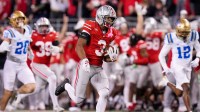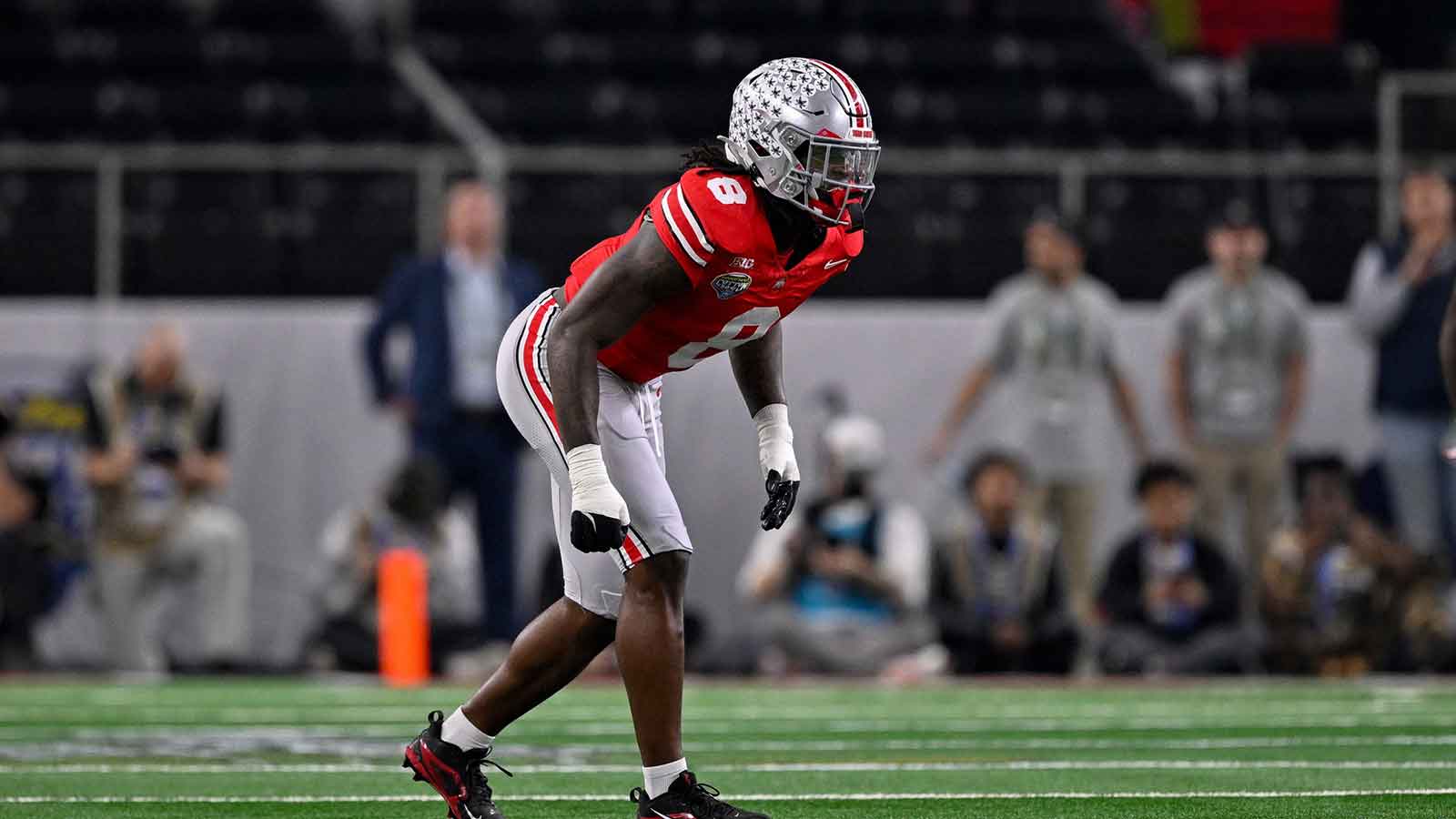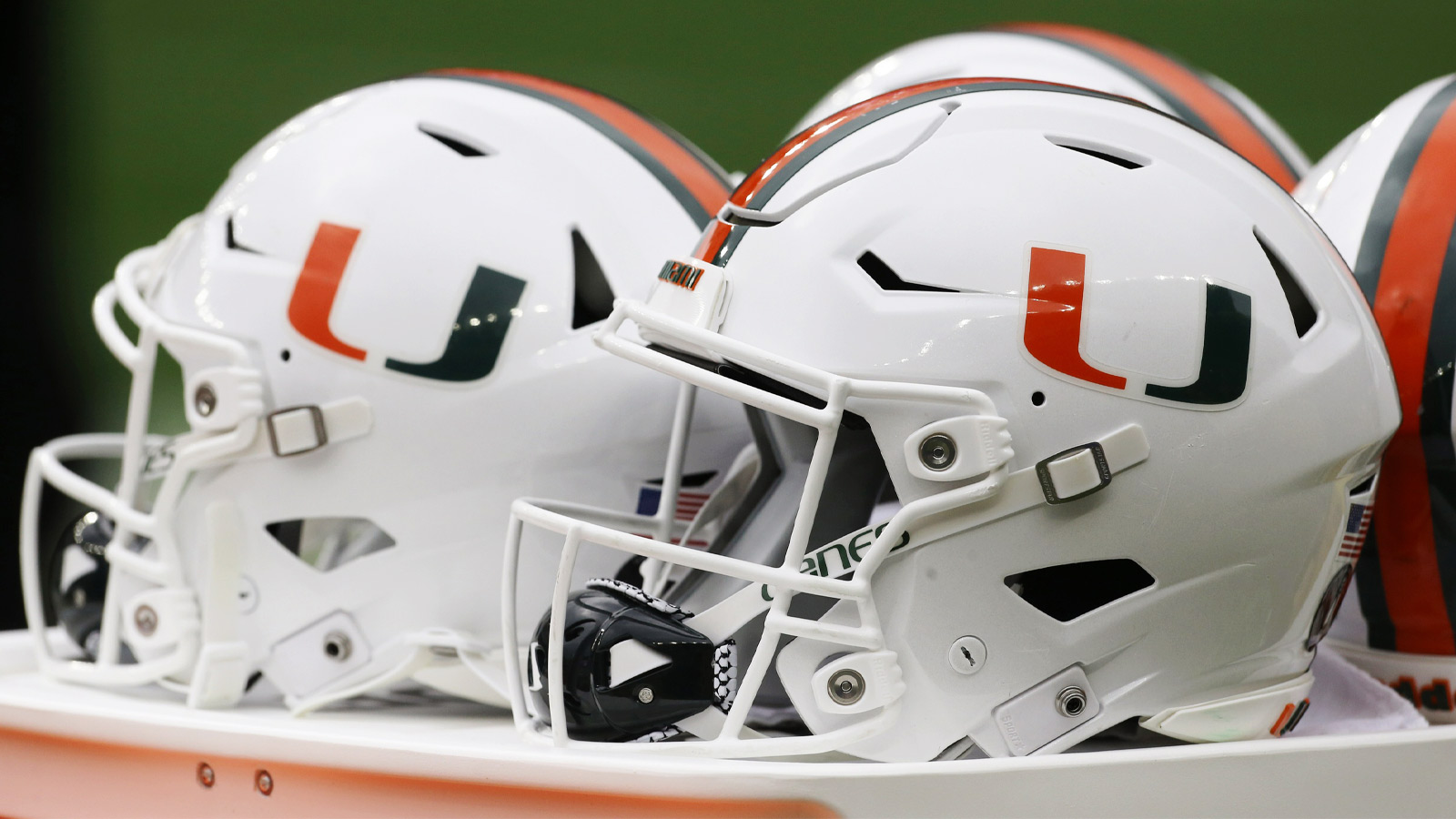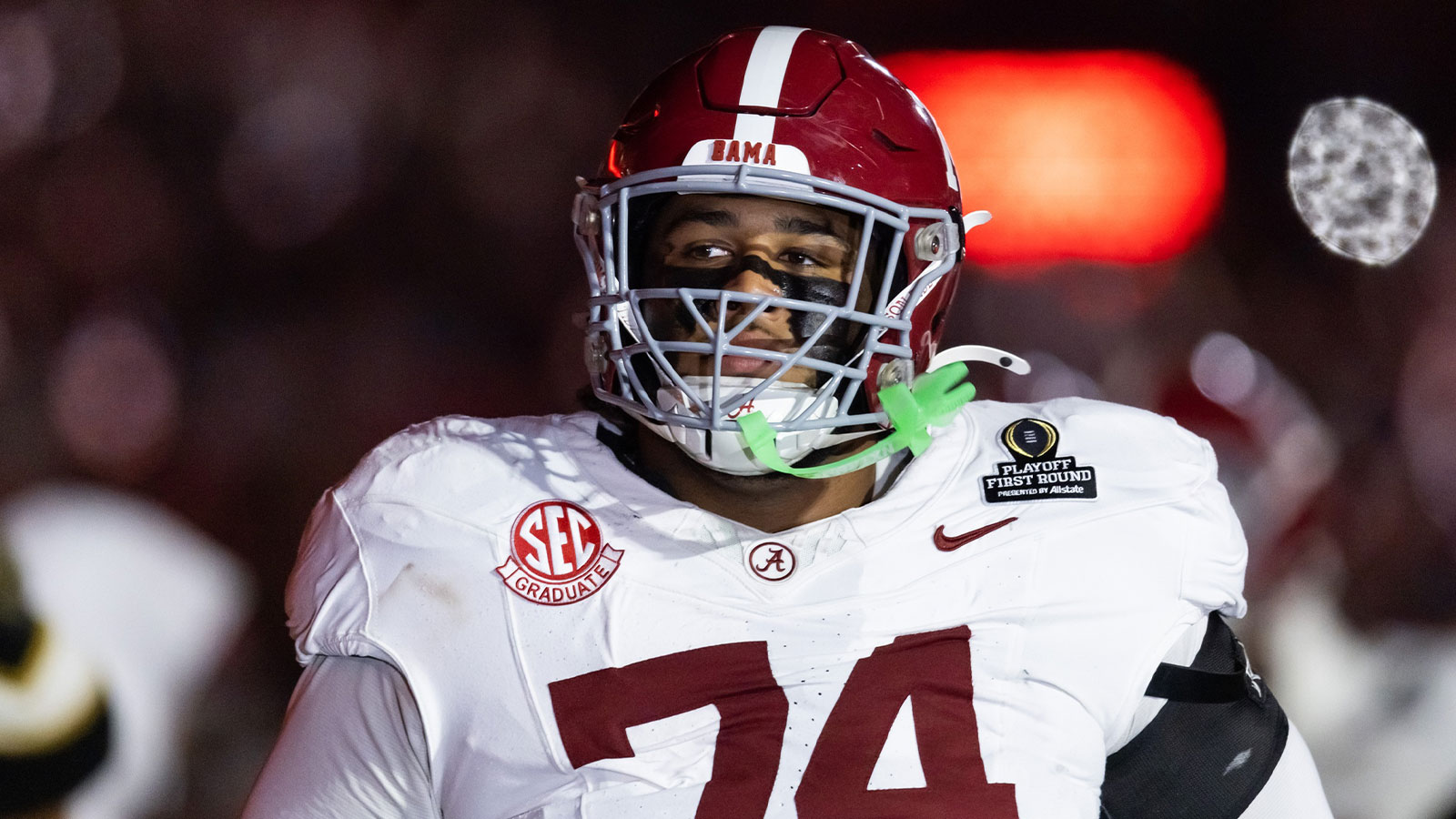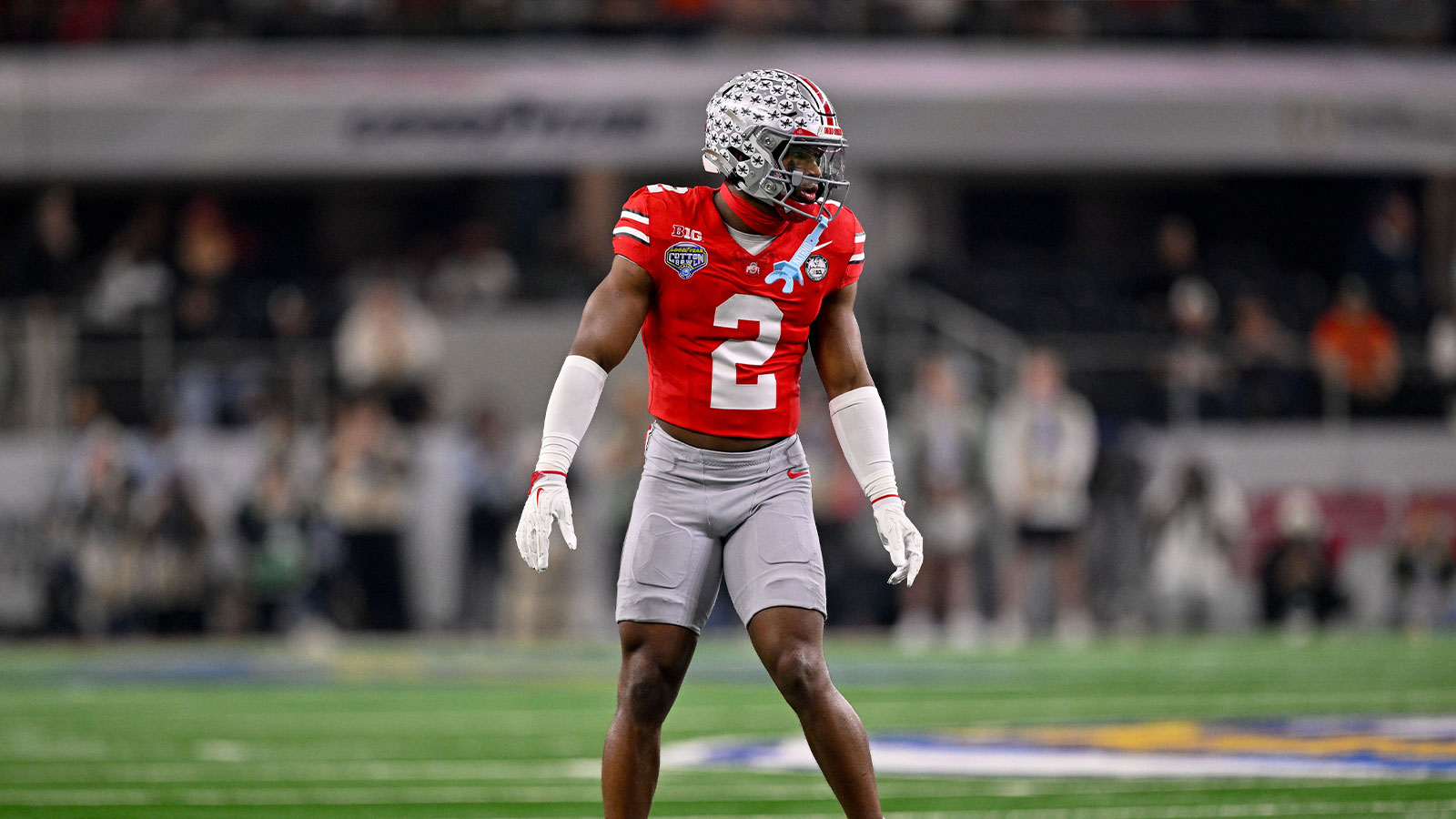The University of Cincinnati is still grieving the sudden loss of freshman offensive lineman Jeremiah Kelly. The 18-year-old was found unresponsive in his off-campus residence last April. This week, the official cause of death was confirmed as cardiac hypertrophy.
Cardiac hypertrophy is a condition where the heart muscle becomes unusually thick. It often goes undetected and can increase the risk of sudden cardiac arrest, especially in young athletes. Despite passing all NCAA-required physical exams, Kelly’s condition was not discovered.
Kelly had joined the Bearcats earlier in the year as an early enrollee. He participated in spring practices and was already making an impression on coaches and teammates. Standing 6-foot-3 and weighing over 300 pounds, he had the size, strength, and potential to thrive at the collegiate level.
His mother, Chiniqua Kelly, opened up about the autopsy results. She said her son had always appeared to be in excellent health and never had any issues.
While the findings brought her a sense of closure, they also raised difficult questions. She wondered if more could have been done to catch the condition before it became fatal. “It just makes you want to be more aware,” she said. “Like if there’s something that you can possibly save your child from.”
She shared that Jeremiah had worn a heart monitor during workouts as a precaution. He had even been relaxing at home the day before he died. Now, she plans to have her two other sons see a sports cardiologist to ensure their safety.
The University of Cincinnati released a statement expressing continued sorrow. “The Cincinnati football program and athletics department continue to mourn Jeremiah’s passing,” a spokesperson said. “He is deeply missed by all of us.”
Kelly came to Cincinnati from Avon, Ohio. He was a key part of his high school team’s 16-0 championship season. His play earned him several honors, including all-conference and all-district recognition. He was known not just for his skills on the field, but also for his leadership and character.
His death sent shockwaves through the Cincinnati football program. Teammates and coaches honored his memory in the days and weeks that followed. Head coach Scott Satterfield said Jeremiah had already left a mark in the short time he was with the team.
“The Bearcats football family is heartbroken by the sudden loss of this outstanding young man,” said Satterfield. “In the short time Jeremiah has spent with our team, he has made a real impact, both on the field and in our locker room. My prayers are with the Kelly family and those who had the pleasure of knowing Jeremiah.”
Medical experts note that cardiac hypertrophy can be hard to detect through standard physicals. This has sparked renewed conversations about how student-athletes are screened before joining competitive programs. Some schools are now considering more advanced heart tests to prevent similar tragedies.
For the Kelly family, Jeremiah’s passing is not just a personal loss; it is a call to action. They hope his story brings greater awareness to hidden heart conditions and leads to better protection for young athletes everywhere.
As the Bearcats look ahead to their next season, they carry Jeremiah’s memory with them. His legacy lives on through the love of his family, the strength of his teammates, and the important conversations his story has started.
Jeremiah Kelly was more than just a football player. He was a son, a brother, and a teammate. And though his life was cut short, the impact he made continues to grow.




